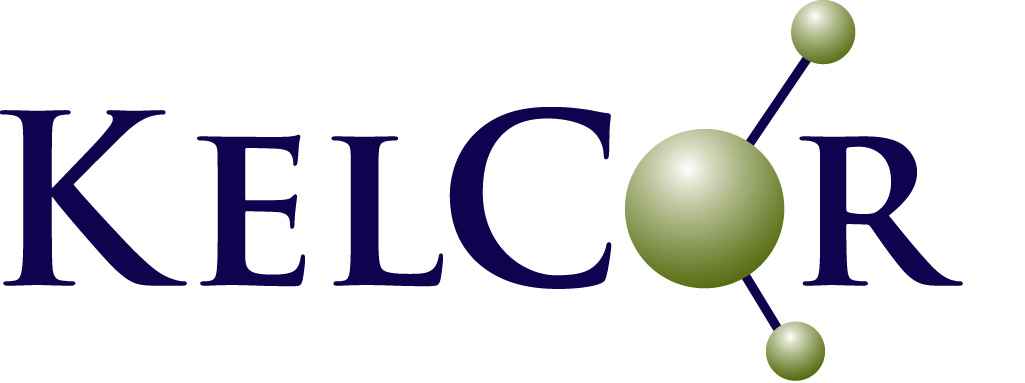Pexip Certified by Microsoft for Video Interoperability with Skype for Business
On August 1, 2017, Pexip announced that it had achieved Microsoft certification as the first – and presently, only – premises-based video interoperability solution for Skype for Business. Since its inception in 2012, Pexip has demonstrated how its Infinity Fusion software-based video infrastructure platform enables standards-based video conferencing endpoints to participate in video conferences with Skype for Business endpoints. Pexip enables video interoperability between Microsoft Skype for Business, Cisco video endpoints (except those that are Spark-only), Polycom, Lifesize, Huawei, ZTE and other standards-based endpoints, and WebRTC-enabled browsers and mobile applications.
Pexip Infinity Fusion provides interoperability to many types of video endpoints
I’ve personally used the product a number of times, and it has worked flawlessly for me each time. To test the solution, I have setup conferences on Pexip using multiple endpoint types including Skype for Business, an executive video conferencing device (H.264-based), mobile video using the Pexip client on iOS, and a PC with WebRTC. The product works as advertised.
Two things about Pexip’s solution particularly standout for me:
- The ease of use of this product. When scheduling a Pexip call, an email invitation is automatically created that gives all of the different connection methods: SIP, Skype for Business, and WebRTC. Anyone can join using their endpoint of choice, and the connection information is provided.
- A consistent user experience. In a Pexip call, the user has a consistent experience regardless of which endpoint is used. For example, a Skype for Business user still sees the gallery view; an H.264 video endpoint can still see Hollywood squares. The content viewing experience remains consistent across endpoint types, and content sharing mechanisms are the same, regardless of endpoint type: Skype users share content just like they would in a meeting that had only Skype endpoints, while video conferencing users share content the same way they would if they were in a meeting that had only video conferencing units.
Pexip can be configured so that multipoint video bridging is done on the Pexip platform, or it can provide gateway capability so that all video bridging is done using the Skype for Business server.
According to Pexip, this certification announcement paves the way for Microsoft to support Pexip deployments. Previously, if a customer called Microsoft’s TAC and indicated they had Pexip infrastructure, Microsoft would simply tell the customer to call Pexip. Now, Microsoft support will service and help troubleshoot deployments that have a Pexip infrastructure as part of the deployment. If a difficult-to-resolve problem arises, Microsoft will contact Pexip on behalf of the customer. Likewise, Pexip can contact Microsoft on behalf of a customer that calls Pexip’s tech support service.
This acknowledgement by Microsoft is gives Pexip a tremendous boost in credibility. I have been involved in consulting engagements where Pexip was a good fit, only to have the end user customer decide not to use Pexip simply because it was a small, unknown company. Pexip certification by Microsoft will make it far easier politically for companies to feel “safe” deploying a Pexip-based solution to provide third-party video interoperability with Skype for Business.
What is somewhat surprising for me is that Polycom was not the first video infrastructure provider to be Microsoft Skype for Business certified. After all, Microsoft resells a Polycom-based video bridging solution, Polycom RealConnect for Office 365, which is hosted in the Azure cloud and sold as an add-on to an Office 365 subscription. It turns out that Polycom RealConnect was certified for Lync 2013 Server. In a response to my question about RealConnect Skype for Business certification, Polycom pointed out that Microsoft is almost entirely focused on the cloud and that Polycom is as well. "We feel the market demand is in all-cloud and hybrid solutions. It’s for this reason that Polycom and Microsoft developed the only Microsoft-certified cloud video interoperability solution for Office 365 (RealConnect for Office 365). You’ll see much more from Polycom (with Microsoft) in the cloud space."
So, the takeaway from Polycom's statement is that it is focusing on cloud with Microsoft and that it has the only Microsoft-certified Skype for Business solution while Pexip's certification is for on-premises. Pexip acknowledges that Microsoft’s support team will provide support only to Pexip on-premises deployments. However, many service providers also use Pexip as the basis for cloud-based video bridging services, and end user companies can be confident that a Pexip-based video service provider will provide the same video interoperability capabilities between Skype for Business and standards-based video endpoints as the on-premises version.
I think this announcement will enable a giant leap forward for Pexip in the market if Pexip’s own marketing team can capitalize on it by getting the word out quickly and broadly.
(Additional details from Microsoft MVP Ståle Hansen on Pexip's certification including some sample screen shots can be found here.)

